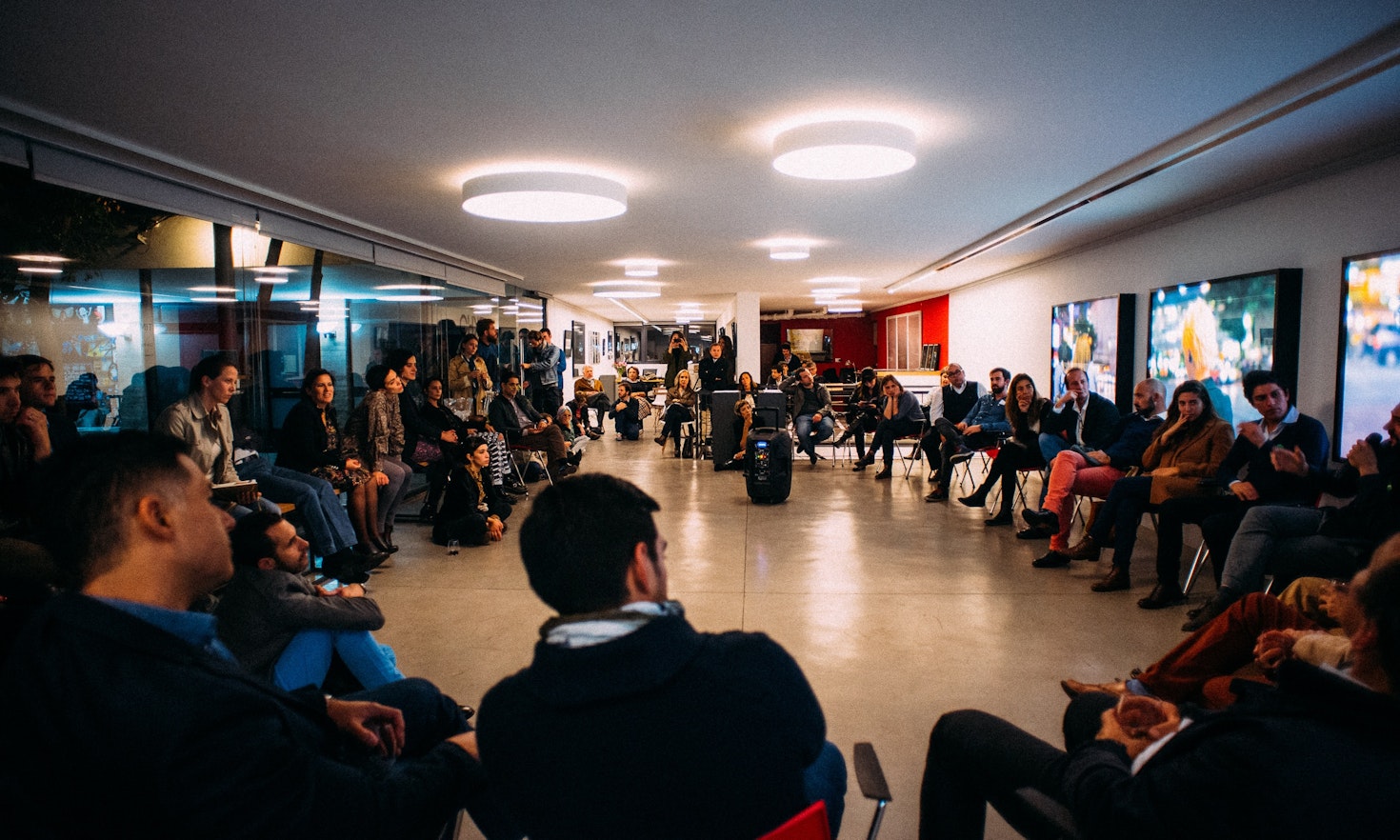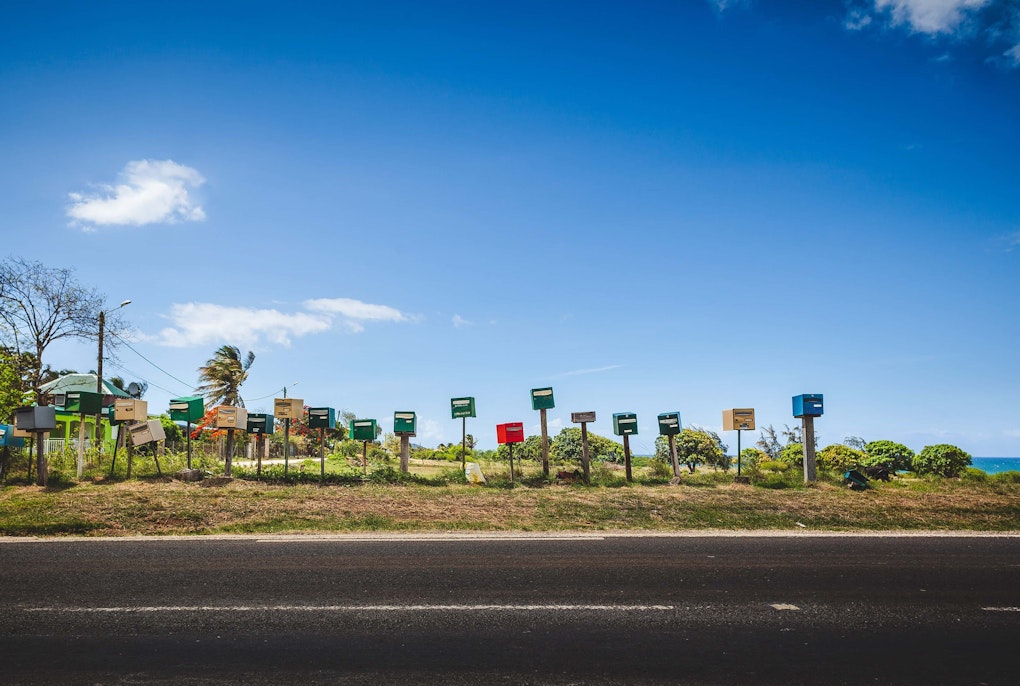
The Environmental Implementation Review and Italy: when governance matters as much as substance
 Federica Cittadino
Federica Cittadino
The Italian path of experimentation, institutionalization and de-powering of the participatory-deliberative tool called débat public.
At the beginning of the 1990s, France was shaken by protests against the construction of the high-speed railway from Lyon to Marseille. Protests against extensive infrastructures are neither surprising nor unpredictable. Protesters are typically inhabitants of the areas affected by the works, pushed to protest by the so-called NIMBY (Not in My Back Yard) syndrome (Bobbio, 2010). Environmentalists, who usually propose alternatives which respect the environment and endorse a different lifestyle (Bobbio, 2010) also participate in such protests.
To solve issues such as these, in 1995, Law n. 95-101 was passed in France in which a new participatory-deliberative tool called débat public (Timo, 2019) was mentioned for the first time. The law focused on "the strengthening of environmental protection". This new legislative tool was intended to encourage citizens’ and civil organizations’ participation in discussions concerning the goals and the main characteristics of projects which "pose strong socioeconomic challenges or have a significant impact on environment". Since then, the legislation about débat public has been modified several times and is currently contained in the Environment Code. The débat public has three main goals: to inform the audience about the intended works; give the general population the chance to have its voice heard in a deliberative way; and "help the clients, by giving them the opportunity to confront citizens’ points of view" (Molaschi, 2018).
After French law was passed, Italian academia and local governments started looking at the French experience with interest. The first case of débat public in Italy occurred in Montaione, near Florence, where the transformation of Castelfalfi’s medieval village into a touristic resort was discussed (Bobbio, 2010). At the end of the same year, Tuscany passed a Regional Law (n. 69/2007), which introduced the "débat public on big interventions". From 2007 to 2016-2018, the State was absent. Débats publics were usually started by local governments, either as one-shot events with some flimsy context-specific regulation or under regional legislation. An example of the first case is the well-known débat public which took place in 2008 in Genoa and concerned the so-called Gronda, a new highway section […] which doubles the section of the current A10 in the part which crosses the city of Genoa1. Examples of the second cases are the two débats publics implemented in Tuscany under Regional Law n. 46/2013 which replaced the above-mentioned Law n. 69/2007. These debates were about the port in Livorno and the utilization of chalk for the restoration of extractive activities sites in Gavorrano. In some cases, cities which implemented débats publics later decided to pass city regulations about these mechanisms. This is what happened in Genoa, which passed a regulation in 2011. In addition, Milan saw the implementation of a débat public in 2018 which concerned the re-opening of five sections of the Navigli, Milan’s interconnected canals. In 2021, the City Council of Milan passed a new regulation about participation, which also regulated the city’s débats publics. Incidentally, when the Navigli débat public was implemented in Milan, legislation concerning national débats publics had already come into force.
In 2016, indeed, Italy began regulating débats publics at the national level. The first step was Legislative Decree n. 50/2016, also known as “public contracts Code”. Article 22 of the Legislative Decree n. 50/2016 mentioned a future Prime Minister’s Decree aiming to introduce criteria for a mandatory débat public process for major infrastructural and architectural works of social relevance and having an impact on the environment, as well as to establish the methodology for the implementation of the débat public. The Prime Minister’s Decree arrived in 2018. It stated each débat public could have a maximum duration of four months, starting from the moment project’s dossier was published. The procedure consisted of "information, close examination, discussion and conflicts management meetings, and collection of proposals and positions coming from citizens, associations, institutions" (Article 8). The procedure had a two-step conclusion. First, the débat public’s coordinator presented a final report on the course of the whole procedure. Second, after receiving the final report, public administrations or bodies in charge had two months to present their final dossier. Importantly, the Decree also established the National Commission for débat public as having monitoring, methodological suggestion, guarantee and organizational functions.
However, the legislation described above did not last long. In 2022, the draft of the new "public contracts Code" was published. The draft raised concerns among some civil societies organizations, such as the Italian Association for Public Participation (AIP2). On 23 January 2023, AIP2 "presented its proposals to improve the tool of the débat public during an informal meeting before the Commission on Environment of the Chamber of Deputies "2. AIP2’s intervention focused on three aspects of the draft:
the draft abolished the National Commission on the débat public;
the draft only allowed “stakeholders having the shape of associations or committees” to take part in the procedure, in this way denying participation to individual citizens/members of the public;
the draft turned the débat public into an exclusively online procedure, with few exceptions.
AIP2 suggested these changes had to be dropped because they severely weakened the débat public. However, the protestations went unheard. In March 2023, Legislative Decree n. 36/2023, the new "public contracts code", was passed, featuring all the changes AIP2 and other CSOs opposed, and which were contained in the draft.
The new national legislation concerning the débat public seems to come from a vision of citizen participation in which participation is considered enemy of public administration’s efficiency and speed. It is hard not to acknowledge that the débat public at the national level has recently lost force. However, the possibility for sub-national bodies to implement débats publics following procedures which are closer to the original French version remains and this possibility is based on either regional laws, municipal legislation, or one-shot initiatives.
Bobbio, L. (2010). Il dibattito pubblico sulle grandi opere. Il caso dell’autostrada di Genova, in “Rivista Italiana di Politiche Pubbliche”, n. 1/2010, pp. 119-146.
Molaschi, V. (2018). Le arene deliberative. Contributo allo studio delle nuove forme di partecipazione nei processi di decisione pubblica, Napoli: Editoriale Scientifica.
Timo, M. (2019). Il dibattito pubblico sulle grandi infrastrutture fra codice italiano dei contratti e code de l’environnement francese, in “DPCE Online”, n. 2/2019, pp. 1179-1207.

This content is licensed under a Creative Commons Attribution 4.0 International license.

 Federica Cittadino
Federica Cittadino![[IT] Occupazione femminile: quando la maternità è una risorsa](https://webassets.eurac.edu/31538/1599755310-cowomen-1550118-unsplash-min.jpg?w=680&h=457&fit=crop&crop=focalpoint&fp-x=0.5&fp-y=0.5&auto=format&dpr=1.5)
 Emma Mitrotta
Emma Mitrotta
 Anna Parrilli
Anna Parrilli